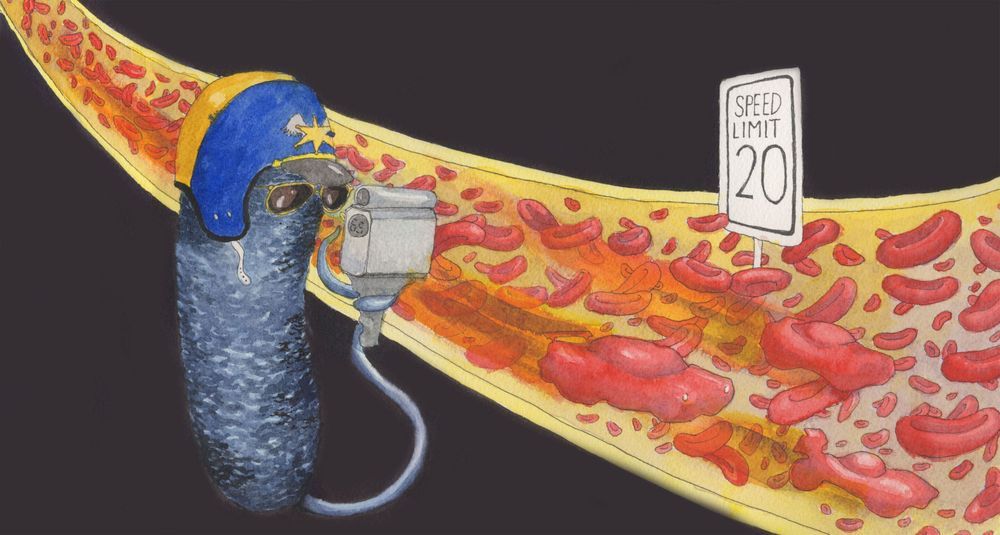An all-Princeton research team has identified bacteria that can detect the speed of flowing fluids.
Many kinds of cells can sense flow, just as our skin cells can feel the difference between a gentle breeze and a strong wind. But we depend on feeling the force involved, the push-back from the air against us. Without that push, we can’t distinguish speed; when the windows are closed, our skin can’t feel any difference in air force whether we are sitting in an office, a speeding car or a cruising airplane. But now, a team of Princeton researchers has now discovered that some bacteria can in fact detect the speed of flow regardless of the force. Their paper appears in the online journal Nature Microbiology.
“We have engineered bacteria to be speedometers,” said Zemer Gitai, Princeton’s Edwin Grant Conklin Professor of Biology and the senior author on the paper. “There’s an application here: We can actually use these bacteria as flow sensors. If you wanted to know the speed of something in real time, we can tell you.”
